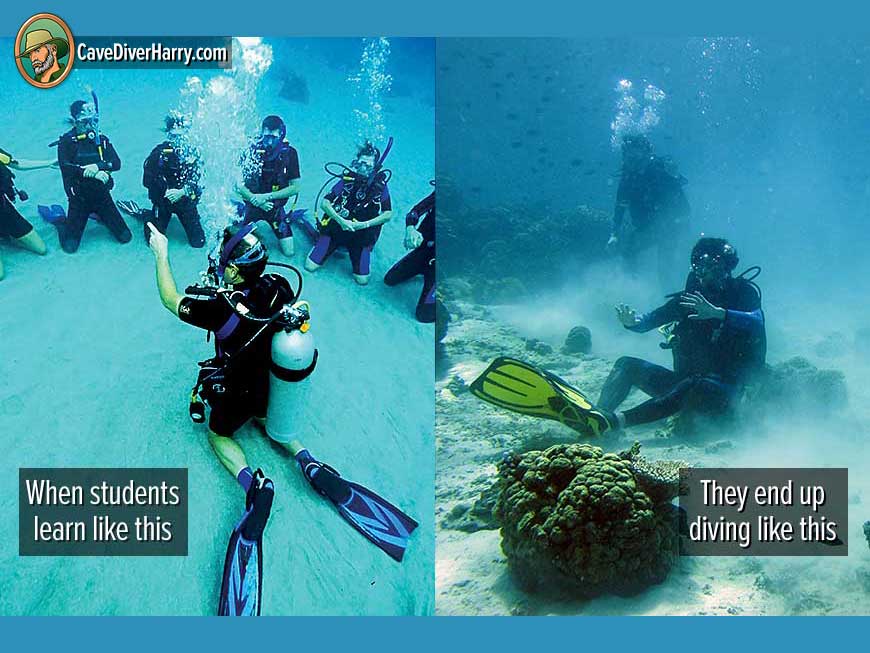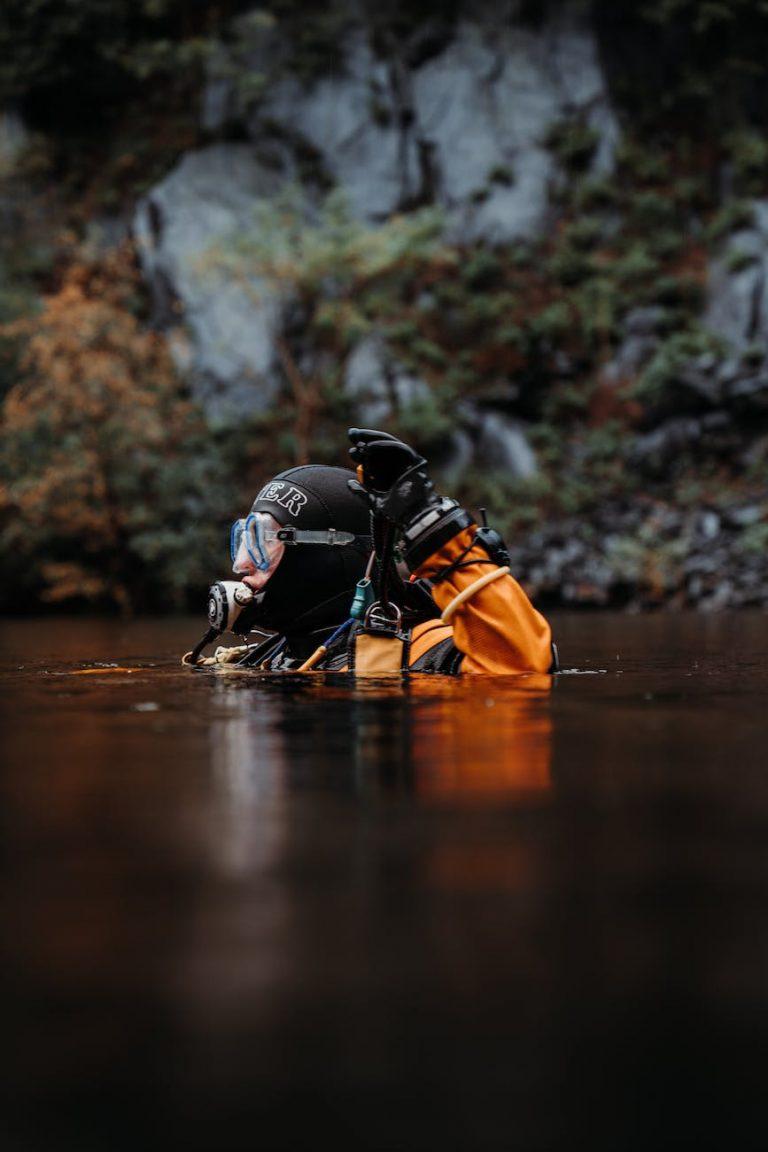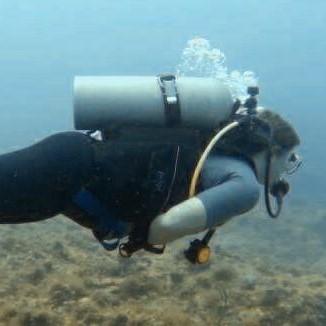
The truth about half-priced scuba courses and what you need to know before you dive in can be answered with a question:
What half of your half-priced scuba course can you live without?
Scuba diving should be an enjoyable experience and so should scuba training. Unfortunately, many shops just see their customers in terms of how much money they can squeeze from them. As someone seeking to take their first or even second course, it is important to understand the training process and the costs involved. Cheap courses can be an enticing option (Who doesn’t want to save money?), but the reality is that the drawbacks are not worth the savings. Let’s explore the reality of the low-priced scuba course and help you determine which half of the course you can truly live without.
Cutting Corners to Maximize Profit
To maintain their low prices, dive shops that offer discount scuba courses often cut corners in several areas. They use lower-quality equipment, provide fewer classroom hours, and spend less time doing hands-on training in a pool. This results in lower-quality training and a dangerous situation for unwitting students.
Low Instructor Pay and Motivation
One of the biggest drawbacks of deeply discounted scuba courses is the instructors’ low pay and motivation. This is because dive shops that offer low-priced courses often have lower profit margins on their training, and they don’t want to lose money. As a result, they pay their instructors less. As an example, before I opened Viking Dives, I made around $7.63 an hour working for another dive shop. Because of the low pay involved, many instructors are not as motivated to provide the highest quality of instruction and may rush through the training process to maximize their profits.

Instructors in low-priced dive shops may be getting paid less per student, but there are certain strategies they use to make more money:
- Cut corners – You are supposed to master each skill you’ve been taught before moving on, but mastery is left to the subjective judgment of your instructor. For example, maybe you just barely did a skill once, and you didn’t look too panicked? Yep, you’ve mastered it! Now let’s move on!
- Rush your students. Hurry up and move! Time is money.
- Have an extra-large class. More students = better margins. Oh, the students will have to wait longer and get less individual attention, but this model isn’t really concerned with you anyway.
- Don’t teach all the required skills. Do you, as a new student, even know what all the skills are? Often, no one is closely checking on the instructor, so they can easily get away with this if they are so inclined.
- Give your students too much weight, causing them to kneel at the bottom of the pool. If you’re anchored to the bottom of the pool, your instructor doesn’t have to worry about you doing something like learning to control your body in the water. That makes it faster to get you out of the pool, and you’ll never know you got shortchanged.
Furthermore, you’ll almost certainly be overweighted when you get to open water also, so you will never learn proper descent techniques or how to dive in neutral buoyancy. That is, unless you come back for another class, such as Advanced Buoyancy Control.

High-Pressure Sales, Gimmicks, and Loss Leaders
In the retail world, a loss leader is something that’s sold for a loss, just to get you into the store. Once you’re in the store, the retailer can sell you other things at a substantial mark-up. In the dive industry, that’s your purchase of basic equipment. Junky masks, snorkels, fins, and boots for $300 or more – that’s where the shop owner makes their money from you. How about some high-pressure sales to get you to buy a gimmicky jacket-style BCD for nearly $2000 that you’ll end up replacing in a few years?

Do you want to spend $2000 on a piece of equipment that will eventually have little to no value with them, or would you rather spend $400-$700 with us and get something that is modular and will last you a lifetime?
Instructors and shops will also use weird terminology for the gear they are trying to sell you. That way if you call another shop, they will sound confused about your queries and you’ll think they don’t know as much as your instructor/shop.
Poor training = Less Fun
If you get bargain-basement-priced training, don’t be surprised if you find scuba diving “unfun.” I challenge you to find a youtube video of an actual scuba pool or confined water session. They don’t exist because they are boring. You can find some heavily edited videos of private classes, but most of the content is cut out. Now imagine how boring it’s going to be with 13 other people who have to do the same thing you just did, and you get to watch. Boring. You’ll be doing it all over again in open water where you have to demonstrate some of the skills you learned, and then wait while everyone else does the same skill. Super boring and unfun. That’s why we limit our open water classes to 3 students. Things go much faster and you don’t spend the whole class waiting for your instructor to come back around to you.
The less fun you have diving, the less likely you are to continue to dive – that’s why the other guys want to get all the money out of you that they can upfront. They know you’re probably going to quit diving after your first class!
The Bottom Line
Chances are, you aren’t in a place to take classes with us, but hopefully, this will help you find the right shop and instructor. If you take a class with us, know that your course will be thorough, fun, low-pressure, and you won’t have to take any additional buoyancy classes after you get certified. In fact, you’ll look and feel more comfortable than some of the instructors you’ll see teaching classes while you are with us in the open water. You won’t leave our classes needing improvement in the basics, because you’ll get those fundamentals before you leave the pool.






